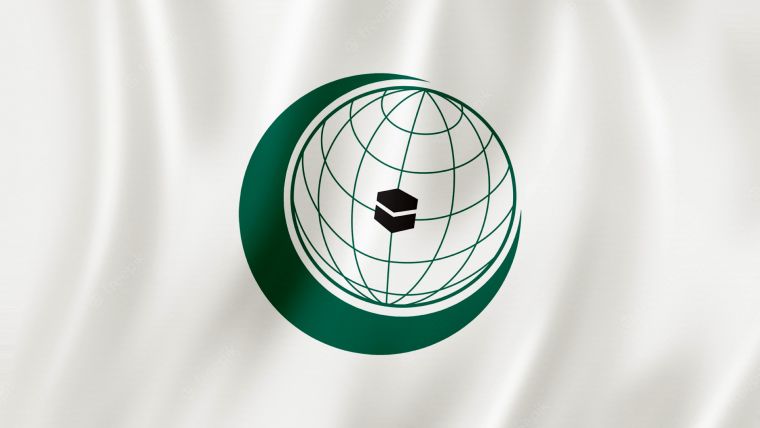Tashkent city



During his visit to the All Pakistan Textile Mills Association (APTMA), Uzbekistan’s Ambassador invited representatives of the country’s textile companies to study the demand for high-quality products in Uzbekistan. He noted that Uzbekistan’s cheap energy and rich cotton reserves create attractive opportunities for Pakistani investors to develop trade and investment in the Uzbekistan market.

The Ambassador recalled that the two countries have signed several memoranda of understanding and agreements aimed at facilitating market access. Thanks to direct flights, the flight time was reduced by 90 minutes. Negotiations on a trilateral transit trade agreement involving Pakistan, Afghanistan, and Uzbekistan have entered a crucial phase. After reaching an agreement, trade flows will accelerate even more. Uzbekistan’s shopping malls have been opened in Karachi and Lahore. The next such center will be opened in Islamabad.
As A. Tukhtayev noted, Pakistan and Uzbekistan are “fraternal countries, not competitors”, so it is necessary to share resources, knowledge, and experience for mutual benefit. He invited the APTMA delegation to visit Uzbekistan, take part in exhibitions and conferences, and added that other trade delegations will visit this fraternal country in the coming months.
APTMA Chairman Kamran Arshad highlighted several existing problems in mutual trade, including the lack of official banking channels, delays in signing the free trade agreement, language barriers in labeling, issues with the Afghan transit route, and the slow construction pace of the Trans-Afghan Railway. He emphasized the importance of strengthening banking relations, concluding a free trade agreement as soon as possible, and establishing a regular exchange of trade delegations to realize the existing potential fully.
Another participant of the meeting, Asad Shafi, informed the delegation about the possibilities of Pakistan’s textile industry, noting that, despite centuries-old ties, the current volume of bilateral trade is only $125 million. He emphasized that his country aims to boost textile exports to $50 billion under the Sewing Revolution project and urged Uzbekistan to cooperate actively in this endeavor.
Muharrama Pirmatova, UzA

On the International Day for Disaster Risk Reduction, observed annually on 13 October, the Organization of Islamic Cooperation (OIC) joins the international community in expressing solidarity with all victims of natural and human-made disasters around the world.
This year’s theme, “Fund Resilience, Not Disasters,” highlights the urgent need to invest in resilience-building and preventive measures rather than in post-disaster recovery.
The OIC underscores that disasters continue to impose heavy human and economic costs, severely affecting socio-economic development and posing existential threats to vulnerable communities across many of its Member States.
With several Member States frequently impacted by floods, epidemics, earthquakes, landslides, storms, and droughts, the OIC places high priority on disaster prevention and management, as emphasized in its Ten-Year Program of Action 2025.
Reaffirming its commitment, the OIC calls for stronger partnerships among Member States, international organizations, and local communities to develop effective strategies that enhance preparedness, reduce vulnerabilities, and improve recovery capacities.
“As disasters become more frequent and intense due to climate change and other global challenges, we must act collectively and decisively to build resilience and protect lives,” said H.E. Mr. Hissein Brahim Taha, Secretary-General of the OIC. “Investing in prevention today will save countless lives and resources tomorrow.”
The OIC also stresses the need to accelerate the implementation of the Sendai Framework for Disaster Risk Reduction, in line with national disaster management strategies and priorities.